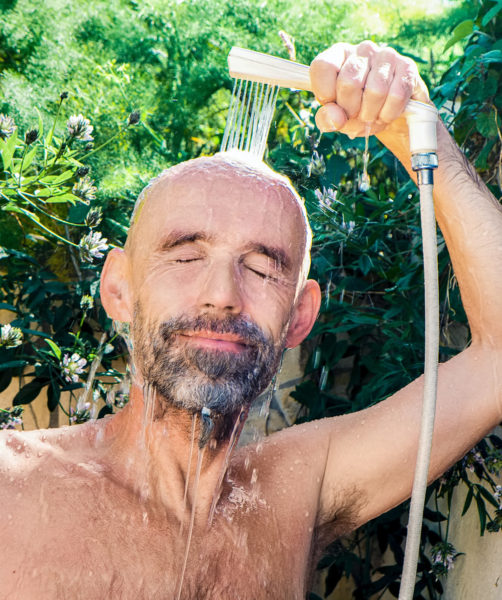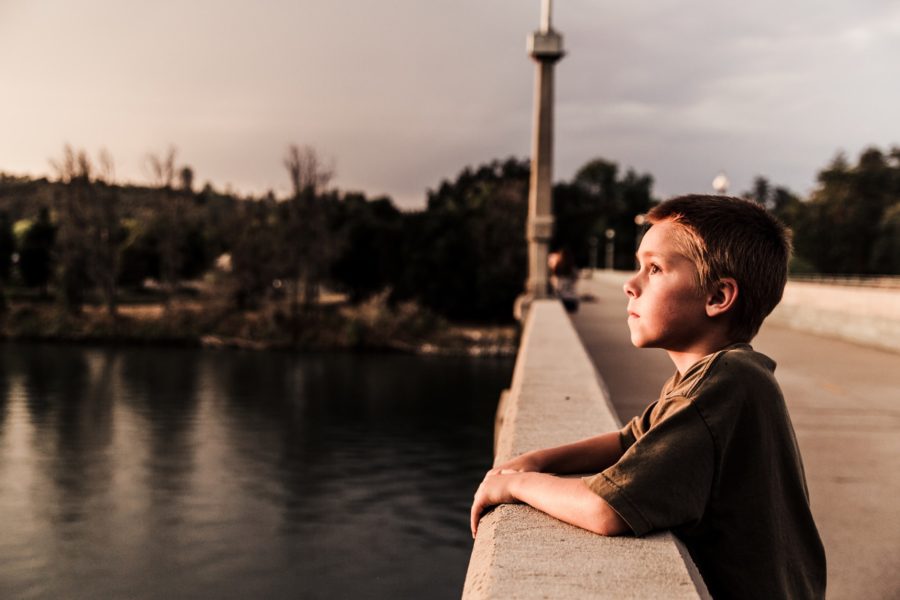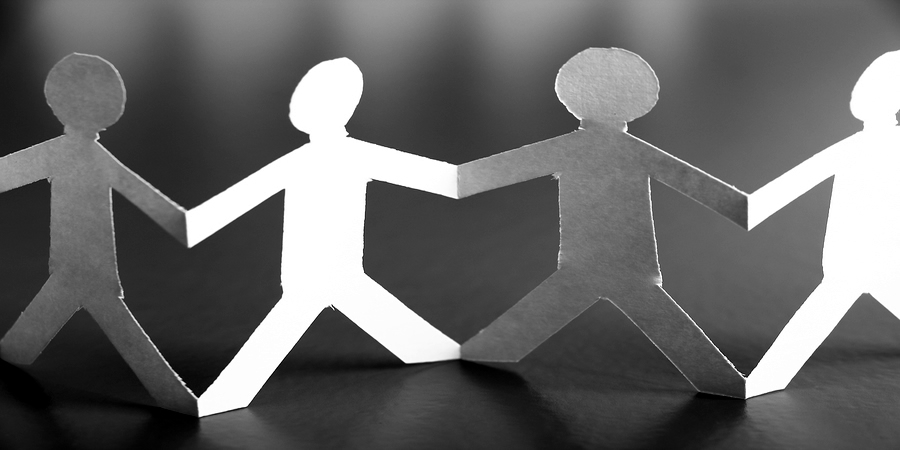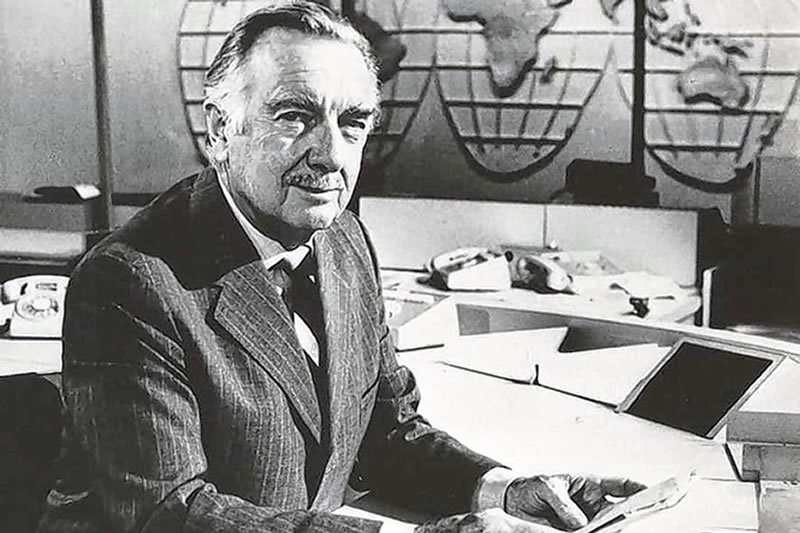Sometimes I Wonder if We Can Take Much More
The World Turned Upside Down
If buttercups buzz’d after the bee,
If boats were on land, churches on sea,
If ponies rode men and if grass ate the cows,
And cats should be chased into holes by the mouse,
If the mamas sold their babies
To the gypsies for half a crown;
If summer were spring and the other way ‘round,
Then all the world would be upside down.
~ Old English children’s folksong
These are truly upside down times, especially for those of us who live in California. Sometimes I wonder if we can take much more.
For months I have dutifully worn a mask when around others. But when outside, alone, I loved breathing free of fabric! And I loved the sun, even if it was a 100 degrees.
And then came the fires. There’s no need to explain how it feels to lose the light of day.
Add the social unrest, the social media battles, and the insanity that is going on in Washington – and New Zealand sounds heavenly.
You may have noticed that I am taking a break from posting on TalkingBittersweet.
I am mulling things over.
The online venue is over saturated with people who confuse opportunity with credibility. Is this me? Is what I am posting relevant? Interesting? Helpful?
Just because I can communicate online doesn’t mean I should. All of this has been going through my mind.
Then Ruth died.
I wear my heart on my sleeve.
Some Pointers from Ron Padgett’s Poem…

How to Be Perfect
Get some sleep
Hope for everything. Expect nothing.
Know that the desire to be perfect is probably the veiled expression of another desire—to be loved, perhaps, or not to die.
Make eye contact with a tree.
Be nice to people before they have a chance to behave badly.
Wear comfortable shoes.
If you need help, ask for it.
Expect society to be defective. Then weep when you find that is if far more defective than you imagined.
Look at that bird over there.
After dinner, wash the dishes.
Calm down.
Visit foreign countries, except those whose inhabitants have expressed a desire to kill you.
Don’t expect your children to love you, so they can, if they want to.
Sing every once in a while.
Be on time, but if you are late do not give a detailed and lengthy excuse.
Walk upstairs.
Do not practice cannibalism.
Take your phone off the hook at least twice a week.
Grow something.
Appreciate simple pleasures, such as the pleasure of chewing, the pleasure of warm water running down your back, the pleasure of a cool breeze, the pleasure of falling asleep.
If you burn your finger, put it in iced water immediately. If you bang your finger with a hammer hold your hand in the air for 20 minutes. You will be surprised by the curative powers of coldness and gravity.
Be good.
Walk down different streets
Backwards.
Stay out of jail
In later life, become a mystic.
Be honest with yourself, diplomatic with others.
Do not go crazy a lot. It’s a waste of time.
Read and reread great books.
When there’s shooting in the street, don’t go near the window.
The Value of a Quarantine

It has taken time and a certain discipline for us to learn to “do quarantine” well.
It isn’t a skill the contemporary American adult learned as a kid. Quite the opposite: we were expected to get out, air-out, connect and join. Expand, not restrict. And to be physically active and brave, not concerned and cautious. “Go” and “do”—not “stay” and “stop.”
No one in my family ever said “Now, don’t forget, today you have to work on isolating. Remember, part of your future success will depend on how well you learn to live a restricted life.”
But the kids today are learning just that. And there are some positives to be said for adding this skill to one’s accomplishments—if you turn off screens and pay attention.
Madeleine Dore, an Aussie, who writes Extraordinary Routines gives us her take on the quarantine experience.
(Excerpt)
On the subtle relief of narrowing our plans and ambition
by Madeleine Dore
I had a dream recently about a plane nose-diving from the sky. As it grew closer and the space between us narrowed, instead of feeling terror or fear, I felt this sense of awe and relief. Everything was ending, and I didn’t have to do anything.
Life isn’t about “Just the facts, Ma’am!”

What’s the difference between knowledge and wisdom? Alain de Botton’s The School of Life has a good read on this. Enjoy! Stay safe and have a good week.
~Vicki
Knowledge Comes but Wisdom Lingers
We can distinguish between two different types of learning: knowledge and wisdom. Knowledge is akin to information: facts, figures, dates and theories. Wisdom, meanwhile, is a synthesis of information and experience that helps us understand the meaning and purpose of existence. If knowledge answers questions such as ‘When was the battle of Hastings?’ or ‘How do I make a cheese souffle?’, wisdom tackles those such as ‘What is the meaning of life?’ and ‘What exactly do I need to be happy?’
The key difference between the two comes down to time. It might take us a week to become knowledgeable in a certain subject, but a whole lifetime to become wise. Yet, though we frequently forget the knowledge we have learned, we never forget what we have gained through wisdom. Whereas knowledge is specific – relevant only within a particular context or discipline – wisdom is timeless. The understanding it provides has always been, and will always be, relevant, since it gives us nothing less than the secret of how to live.
The Greek work ‘philosophy’, literally translated, means love of (philo) wisdom (sofia). This is why philosophy is central to the teaching of The School of Life: its ethos and insights give us a timeless understanding of human life and how it should be lived.
What Is Philosophy For?
People are understandably confused about what philosophy is. From a distance, it seems weird, irrelevant, boring and yet also – just a little – intriguing. But it’s hard to put a finger on what the interest really is. What are philosophers? What do they do? And why does one need them?
Luckily, the answer is already contained in the word philosophy itself. In Greek, philo means love – or devotion – and sophia means wisdom. Philosophers are people devoted to wisdom.
Though a rather abstract term, the concept of ‘wisdom’ isn’t mysterious. Being wise means attempting to live and die well, leading as good a life as possible within the troubled conditions of existence. The goal of wisdom is fulfilment. You could perhaps say ‘happiness’ but ‘happiness’ is misleading, for it suggests continuous chirpiness and joy, whereas ‘fulfilment’ seems compatible with a lot of pain and suffering, which every decent life must by necessity have.
So a philosopher or ‘person devoted to wisdom’ is someone who strives for systematic expertise at working out how one may best find individual and collective fulfilment.
In their pursuit of wisdom, philosophers have developed a very specific skill-set. They have, over the centuries, become experts in many of the general, large things that make people not very wise. Six central ones have been identified:
1. We don’t ask big questions. What is the meaning of life? What should I do with my work? Where are we going as a society? What is love? Most of us have these questions in our minds at some point (often in the middle of the night), but we despair of trying to answer them. They have the status of jokes in most social circles: and we get shy of expressing them (except for brief moments in adolescence) for fear of being thought pretentious and of getting nowhere.
But these questions matter deeply because only with sound answers to them can we direct our energies meaningfully.
Philosophers are people unafraid of the large questions. They have, over the centuries, asked the very largest. They realise that these questions can always be broken down into more manageable chunks and that the only really pretentious thing is to think one is above regularly raising naive-sounding enquiries.
2. We are vulnerable to errors of common sense. Public opinion – or what gets called ‘common sense’ – is sensible and reasonable in countless areas. It’s what you hear about from friends and neighbours, the stuff that’s just assumed to be true, the stuff you take in without even thinking about it. The media pumps it out by the gallon every day. But in some cases, common sense is also full of daftness, error and the most lamentable prejudice.
Philosophy gets us to submit all aspects of common sense to reason. It wants us to think for ourselves, to be more independent. Is it really true what people say about love, about money, about children, about travel, about work? Philosophers are interested in asking whether an idea is logical – rather than simply assuming it must be right because it is popular and long-established.
3. We are mentally confused. We’re not very good at knowing what goes on in our own minds. We know we really like a piece of music. But we struggle to say quite why. Or someone we meet is very annoying, but we can’t pin down what the issue is. Or we lose our temper, but can’t readily tell what we’re so cross about. We lack insight into our own satisfactions and dislikes.
That’s why we need to examine our own minds. Philosophy is committed to self-knowledge – and its central precept – articulated by the earliest, greatest philosopher, Socrates – is just two words long: Know yourself.
4. We have muddled ideas about what will make us happy. We’re powerfully set on trying to be happy, but go wrong in our search for it on a regular basis. We overrate the power of some things to improve our lives – and underrate others. In a consumer society, we make the wrong choices because, guided by false glamour, we keep on imagining that a particular kind of holiday, or car, or computer will make a bigger difference than it can. At the same time, we underestimate the contribution of other things – like going for a walk, tidying a cupboard, having a structured conversation or going to bed early – which may have little prestige but can contribute deeply to the character of existence.
Philosophers seek to be wise by getting more precise about the activities and attitudes that really can help our lives to go better.
5. Our emotions can send us in dangerous directions. We are inescapably emotional beings but regularly forget this uncomfortable fact. Occasionally certain emotions – certain kinds of anger, envy or resentment – lead us into serious trouble. Philosophers teach us to think about our emotions, rather than simply have them. By understanding and analysing our feelings, we learn to see how emotions impact on our behaviour in unexpected, counterintuitive and sometimes dangerous ways. Philosophers were the first therapists.
6. We panic and lose perspective. We are constantly losing a sense of what matters and what doesn’t. We are – as the expression goes – constantly ‘losing perspective’. That’s what philosophers are good at keeping a hold of. On hearing the news that he’d lost all his possessions in a shipwreck, the Stoic philosopher Zeno simply said: ‘Fortune commands me to be a less encumbered philosopher.’ It’s responses like these that have made the very term ‘philosophical’ a byword for calm, long-term thinking and strength-of-mind, in short, for perspective.
What we call the ‘history of philosophy‘ is made up of repeated attempts over the centuries to address ways in which we are unwise. So, for example, in ancient Athens, Socrates paid special attention to the problem of how people get confused in their minds. He was struck that people didn’t quite know what they meant by key ideas – like courage or justice or success – even though these were the main ideas they used when talking about their own lives. Socrates developed a method (which still bears his name) by which you can learn to get clearer about what you mean by playing devil’s advocate with any idea. The aim isn’t necessarily to change your mind. It is to test whether the ideas guiding your life are sound.
A few decades later, the philosopher Aristotle tried to make us more confident around big questions. He thought that the best questions were those that ask what something is for. He did this a lot and over many books, asked: What is government for? What is the economy for? What is money for? What is art for? Today he would be encouraging us to ask questions like: What is the news media for? What is marriage for? What are schools for? What is pornography for?
Also active in Ancient Greece were the Stoic philosophers, who were interested in panic. The Stoics noticed a really central feature of panic: we panic not just when something bad occurs, but when it does so unexpectedly, when we were assuming that everything was going to go rather well. So they suggested that we should arm ourselves against panic by getting used to the idea that danger, trouble and difficulty are very likely to occur at every turn.
The overall task of studying philosophy is to absorb these and many other lessons and put them to work in the world today. The point isn’t just to know what this or that philosopher happened to say, but to aim to exercise wisdom at an individual and societal level – starting now.
(…)
The United States is a Long Way from United

The following opinion column was written by Rabbi Aryeh Ben David. Aryeh grew up outside of NYC and studied psychology at Vassar College. He moved to Israel in 1978, received Rabbinic ordination from the Israeli Rabbinate and now lives in Efrat, Gush Etzion, with his wife Sandra and their six children.
He served as the Rabbinical Educational Consultant for Hillel International from 2004 – 2007, and spearheaded their spiritual initiative throughout the United States.
After many years in the classroom, teaching Torah, Talmud, prayer, ethics, and interpersonal relationships, Aryeh sought a way to enable students to more deeply engage with Judaism and to explore their spiritual identities. This led to the development of Soulful Education and the creation of Ayeka in 2008.
I found Ben David’s recent column in The Times of Israel interesting.
Where the Hell is Walter Cronkite?

This week Mark Manson wrote a few paragraphs I wish I had written. Since I didn’t, here is the guts of Mark’s Monday blog post “Entertaining ideas without accepting them.”
How often do we remember that there is a difference between evidence and truth. Less and less. And social media and cable TV do not help us with this process.
So often, I shake my head and ask: Where the hell is Walter Cronkite???
